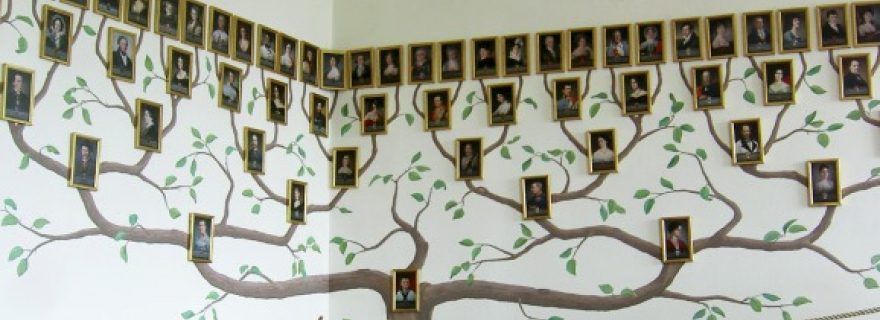Ethnography and the work of the ancestors
Fieldwork makes one think again about one’s own society. This blog is about how fieldwork taught me what ancestors mean in South Africa and forced me to think again about attitudes to ancestors in Europe.
Ancestral protection
During fieldwork in Cape Town, South Africa, the Xhosa residents of the townships would sometimes talk about their ancestors. They told me their ancestors offered protection against a wide range of misfortunes. Cape Town is a hostile place for many living in the townships, an experience far removed from that of the tourists. The people from the townships have to deal with violence, mass unemployment, poor housing conditions, racism, and sometimes also troubled community relations (see my book Money and Violence).
Ancestral support is very welcome. People’s ancestors provide protection against being robbed while commuting from work to home; they can help with getting a job with a decent wage; they can even protect against evils and witchcraft. But ancestors can also withhold protection and become troublesome. If you lose your job, are robbed, or suddenly become ill, it could be a sign that the ancestors have withdrawn their support. In order to secure ancestral protection, you have to pay them respect.
Ambivalent relations
One of the ways to pay respect is to host a ritual for your ancestors and invite in neighbours and family. The family brew beer and preferably also see to the slaughtering of an ox. Someone jokingly told me that if you were too poor to afford an ox you could slaughter a goat or a chicken. In the same vein, he added that if you couldn’t even afford a chicken you could perhaps slaughter a carrot for your ancestors: they would surely understand, as long as you paid them respect. Paying respect to your ancestors might prompt them to start offering protection, but you shouldn’t forget they have a mind of their own: you can never be sure what they are up to, whether they might withdraw their protection, or even end up causing harm.
Sharing beliefs
During one of the conversations that I had about ancestors someone asked me what I thought of all this. He wanted to know what I believed in. I was a bit doubtful about how to respond. I didn’t want to give him the impression that I looked down on his beliefs, or to otherwise discredit his worldview. At the same time; we knew each other quite well and it would be ethical for me to share my beliefs, as he had done all the time. I also trusted that he would understand that I had different views. Instead of responding evasively to his question I told him that I did not believe in ancestors. He was amazed, shocked even. He could accept that I did not believe in witchcraft, but it did not make sense at all that I did not believe in ancestors and he said something like: ‘We all have ancestors, how can you say something like that!’
Inheritance and identity
His friendly yet fierce response immediately made me realise how silly my answer had been. It must have sounded as if I thought a person could exist without having ancestors, which is indeed a ridiculous idea, possibly born out of a false sense of individualism. After all, we all have ancestors and they do influence us in everyday life, both in South Africa and The Netherlands. They influence our genetic makeup, which makes us vulnerable or resistant to physical and mental illnesses.
Our ancestors matter in economic ways, for example through inheritance and the ability of ancestors to invest in future generations through schooling. Ancestors are an important part of people’s biographies and sense of identity through the stories we tell about them. They can make us feel proud, but some ancestors can be embarrassing as well: many people have stories about their ancestors that are so shameful that they are only shared among family members.
Learning about ourselves
We all have ancestors who have real consequences in everyday life. The cultural difference lies in the way in which people understand the influence of their ancestors and how they deal with this in everyday life. It is ethnographic experiences such as these that are crucial to understanding societal differences, that force us to formulate new kinds of questions. In the process we not only learn something about ‘them’, but also about our own society.



1 Comment
Sigmund Freud didn't call them ancestors, but he did think we inherited their complexes...
Add a comment